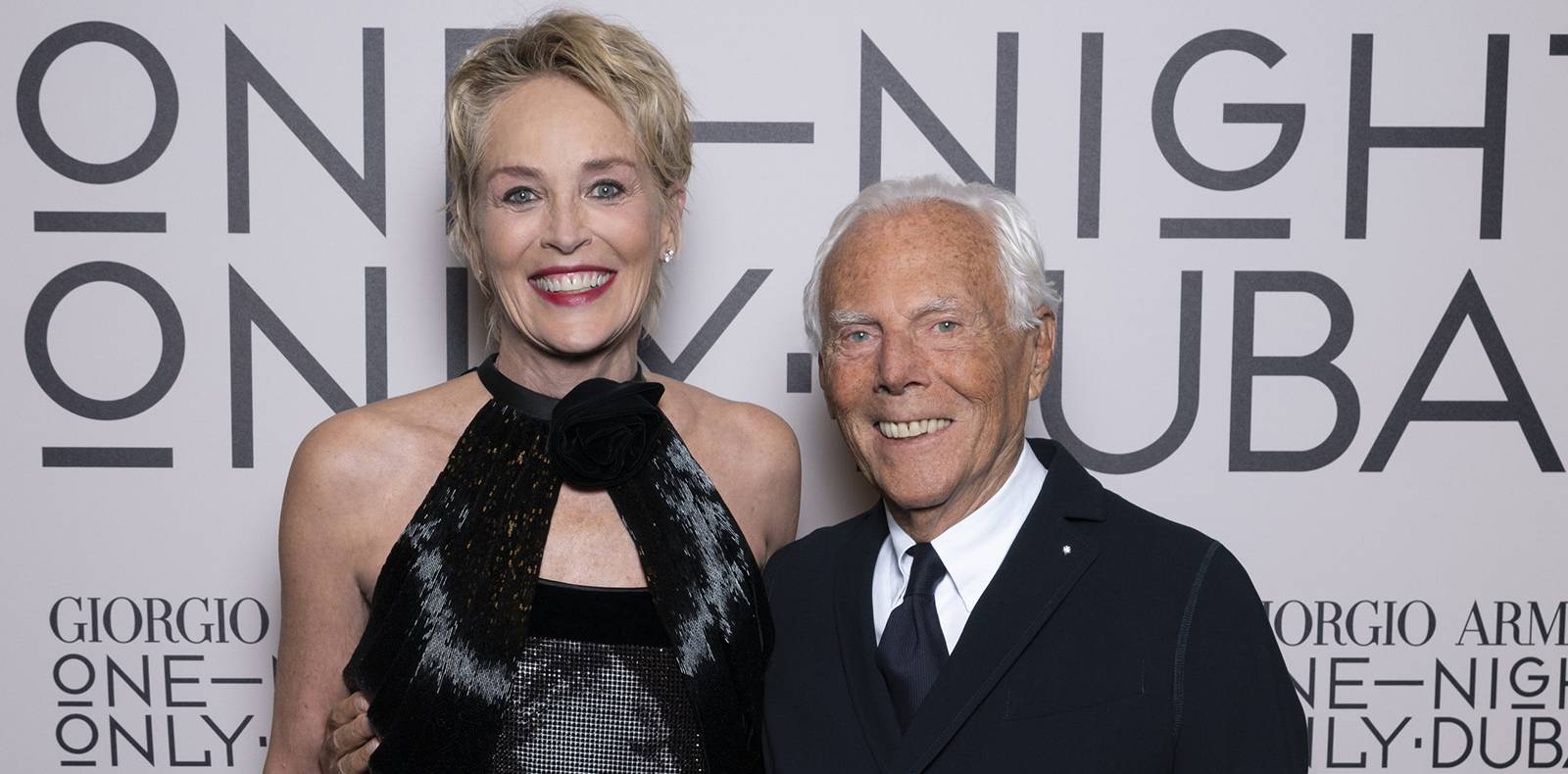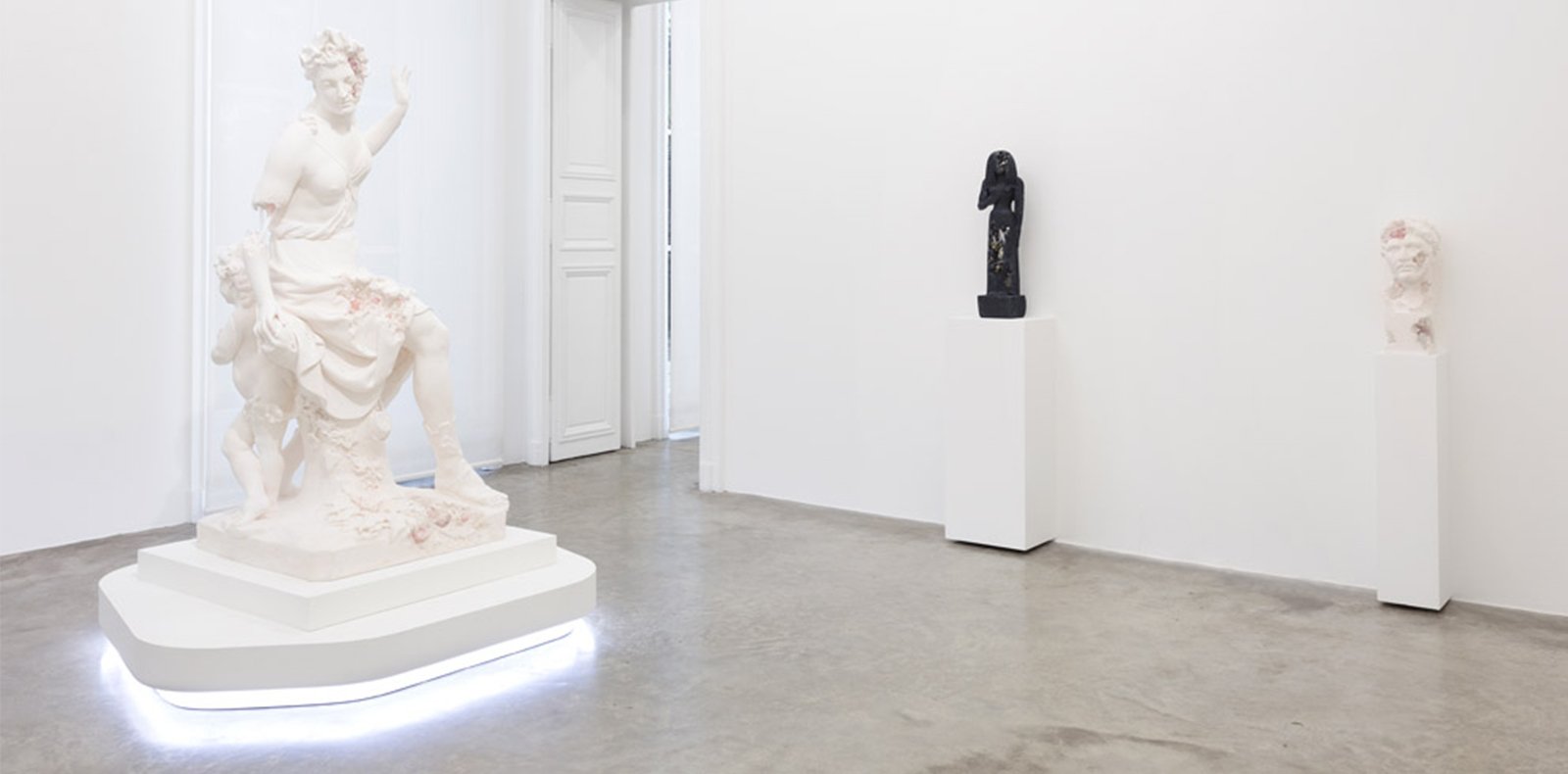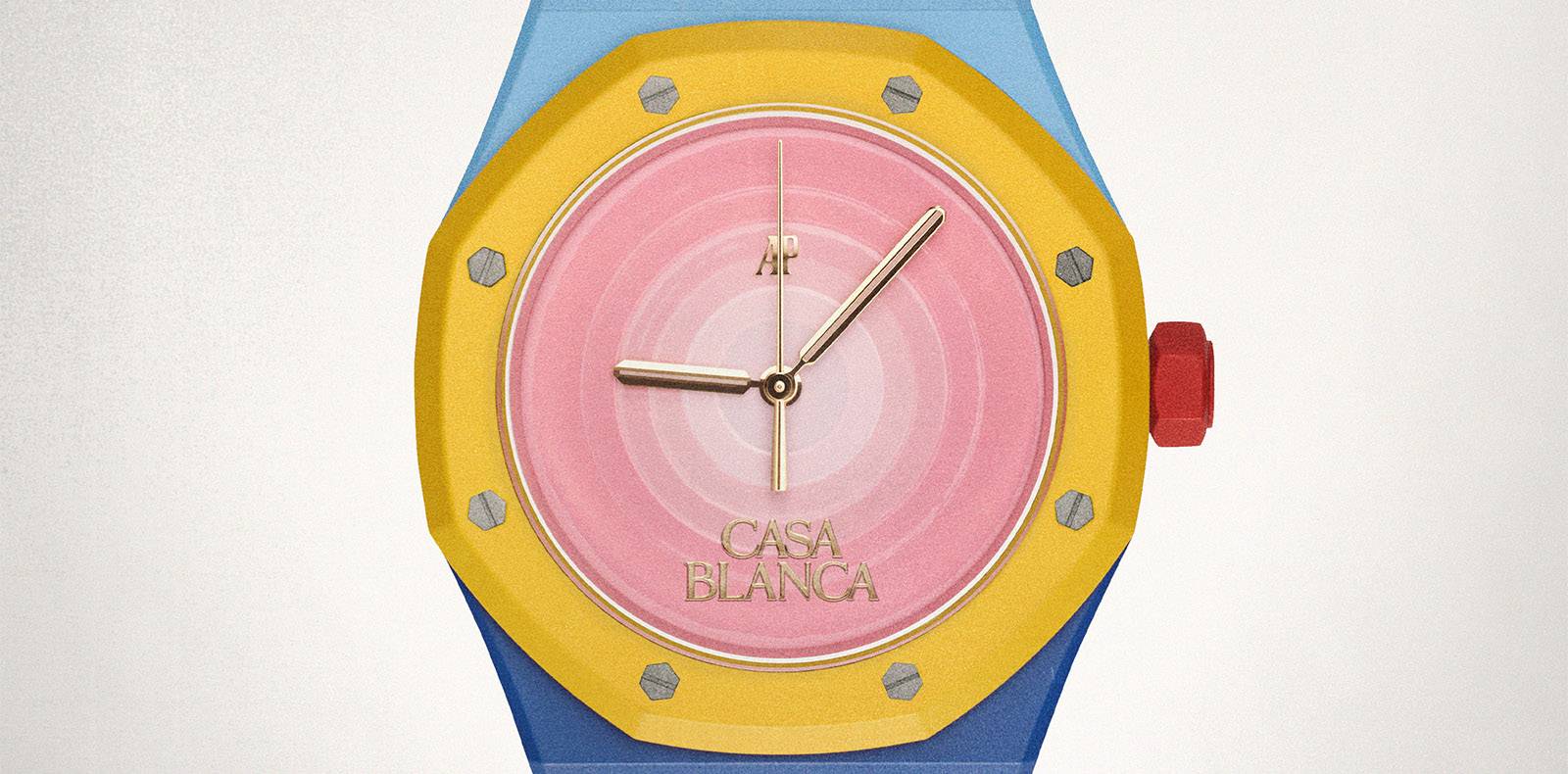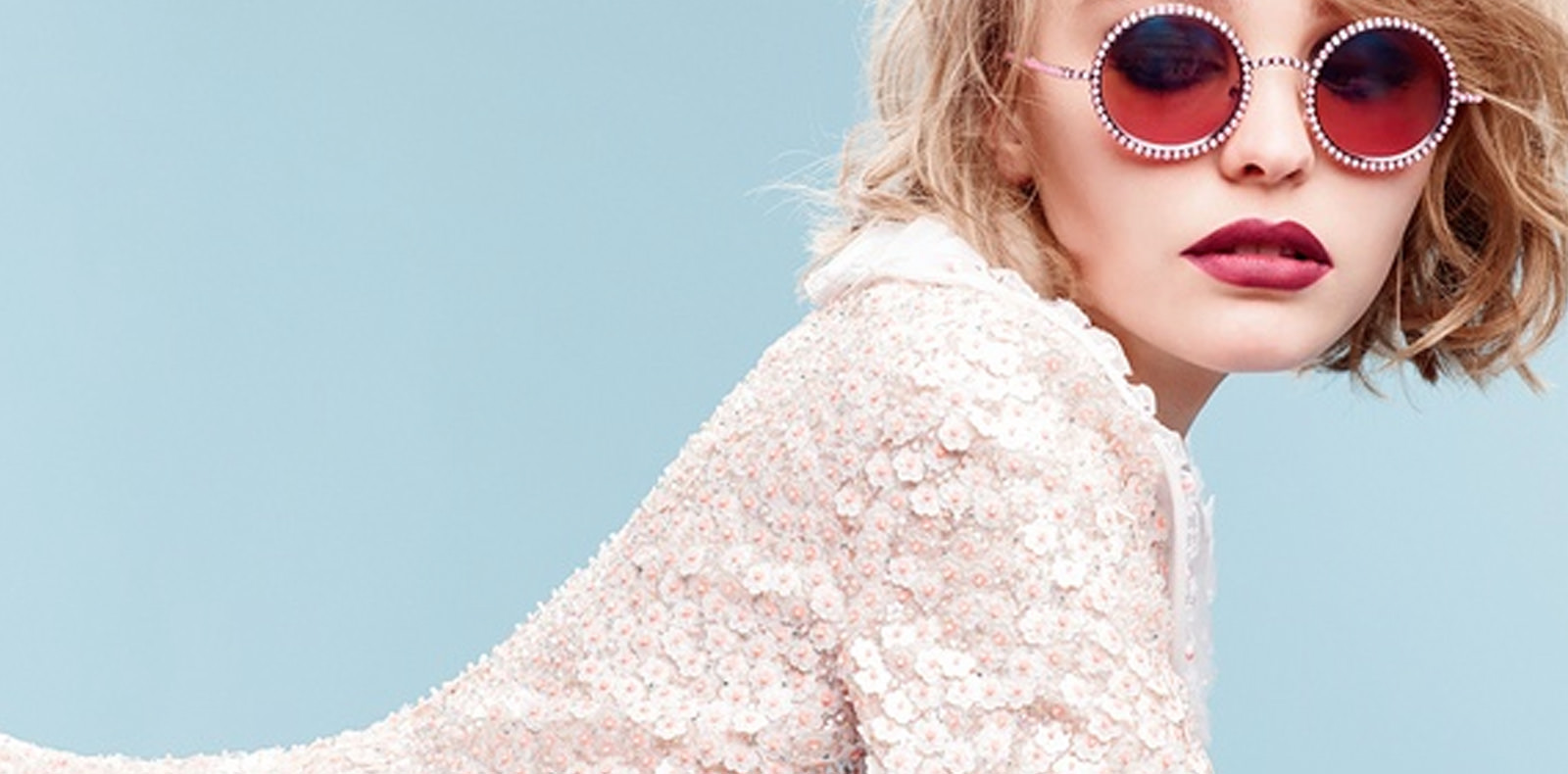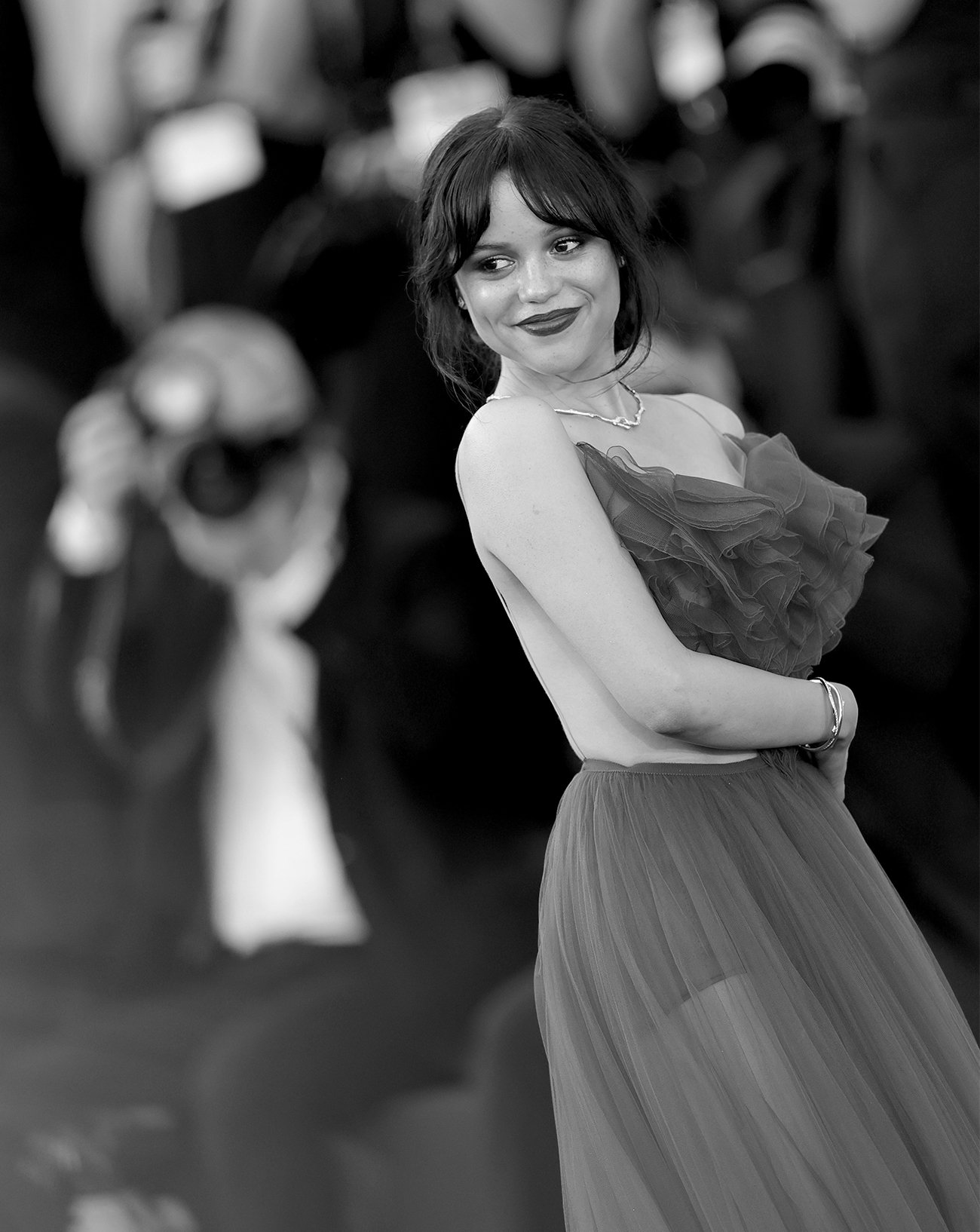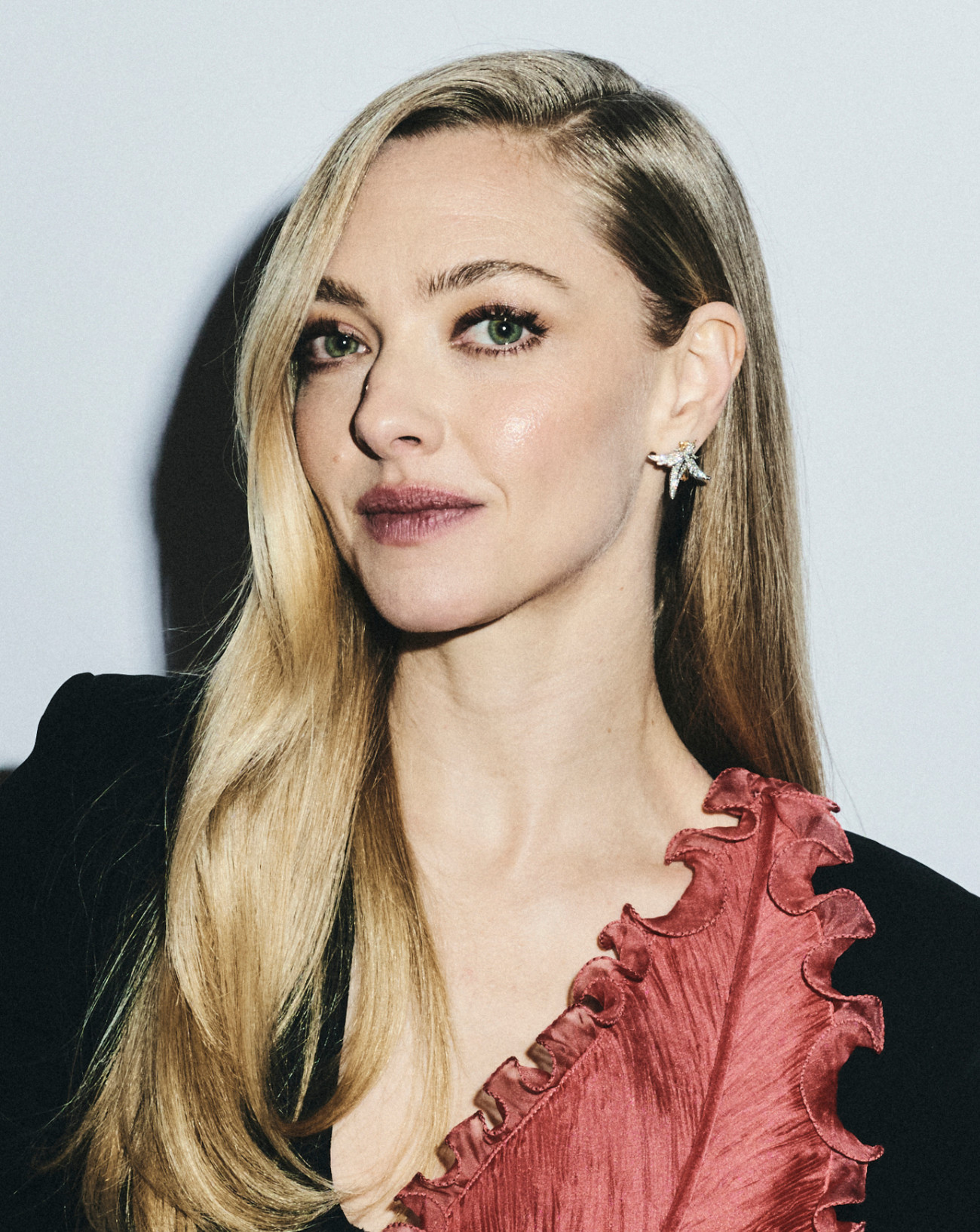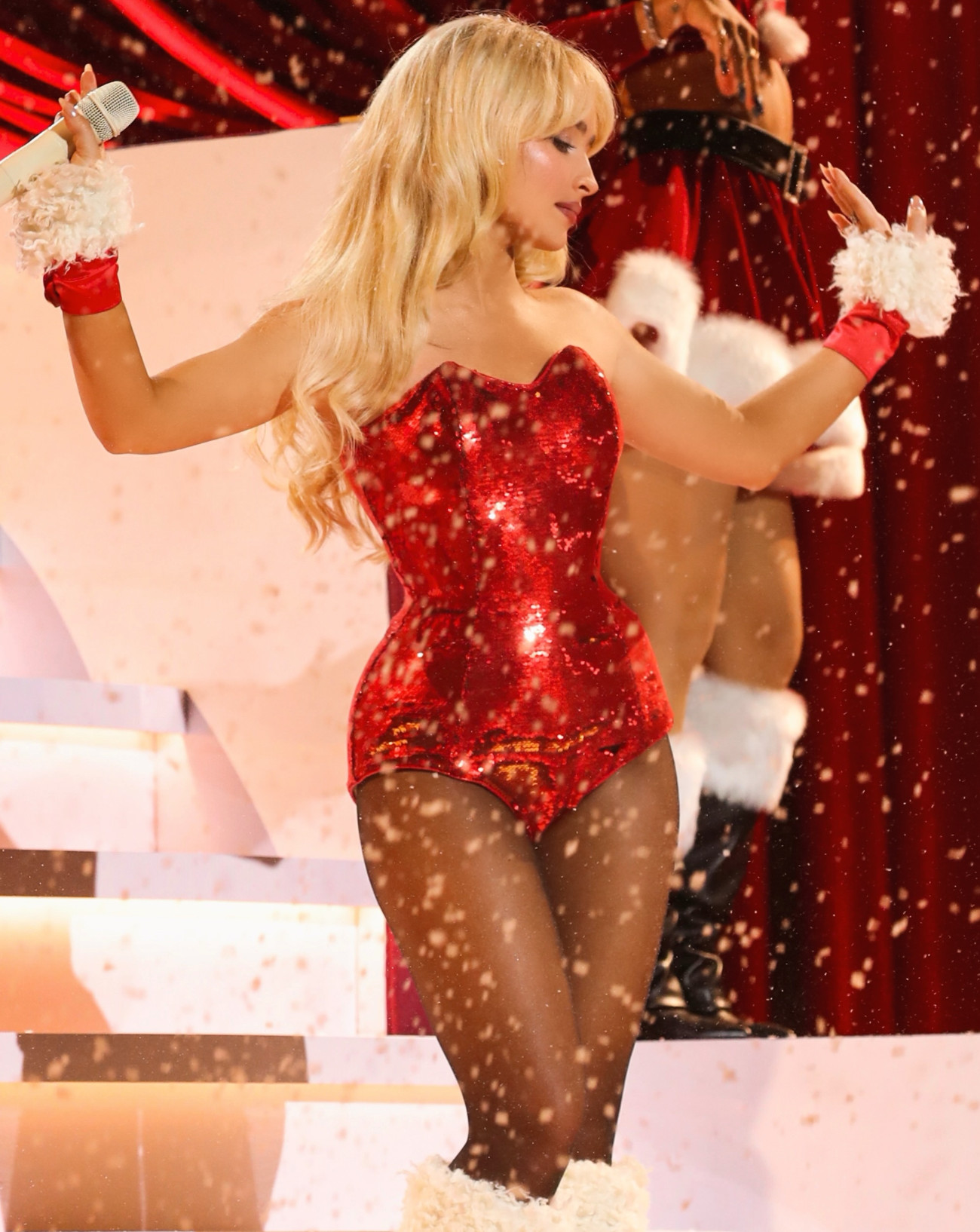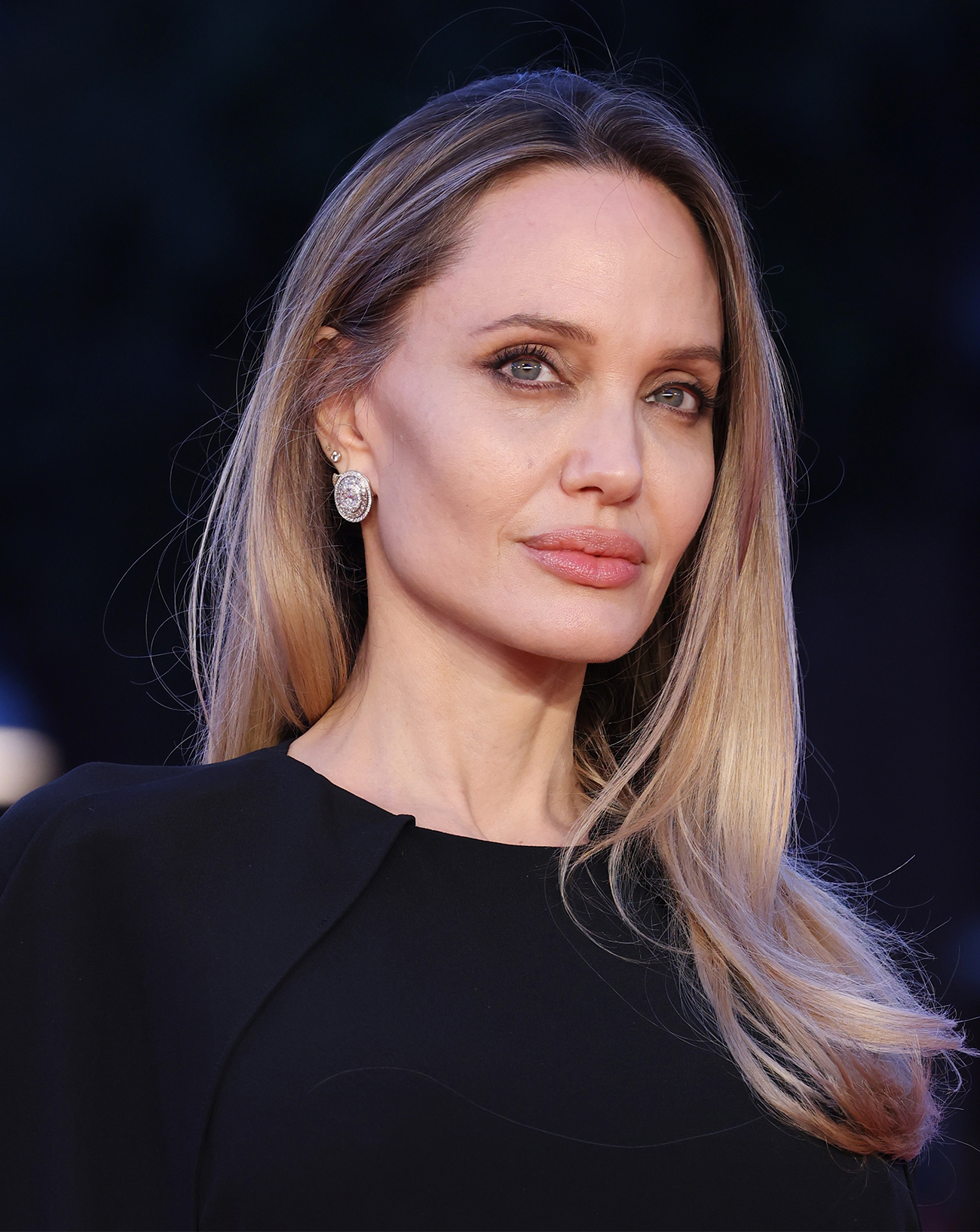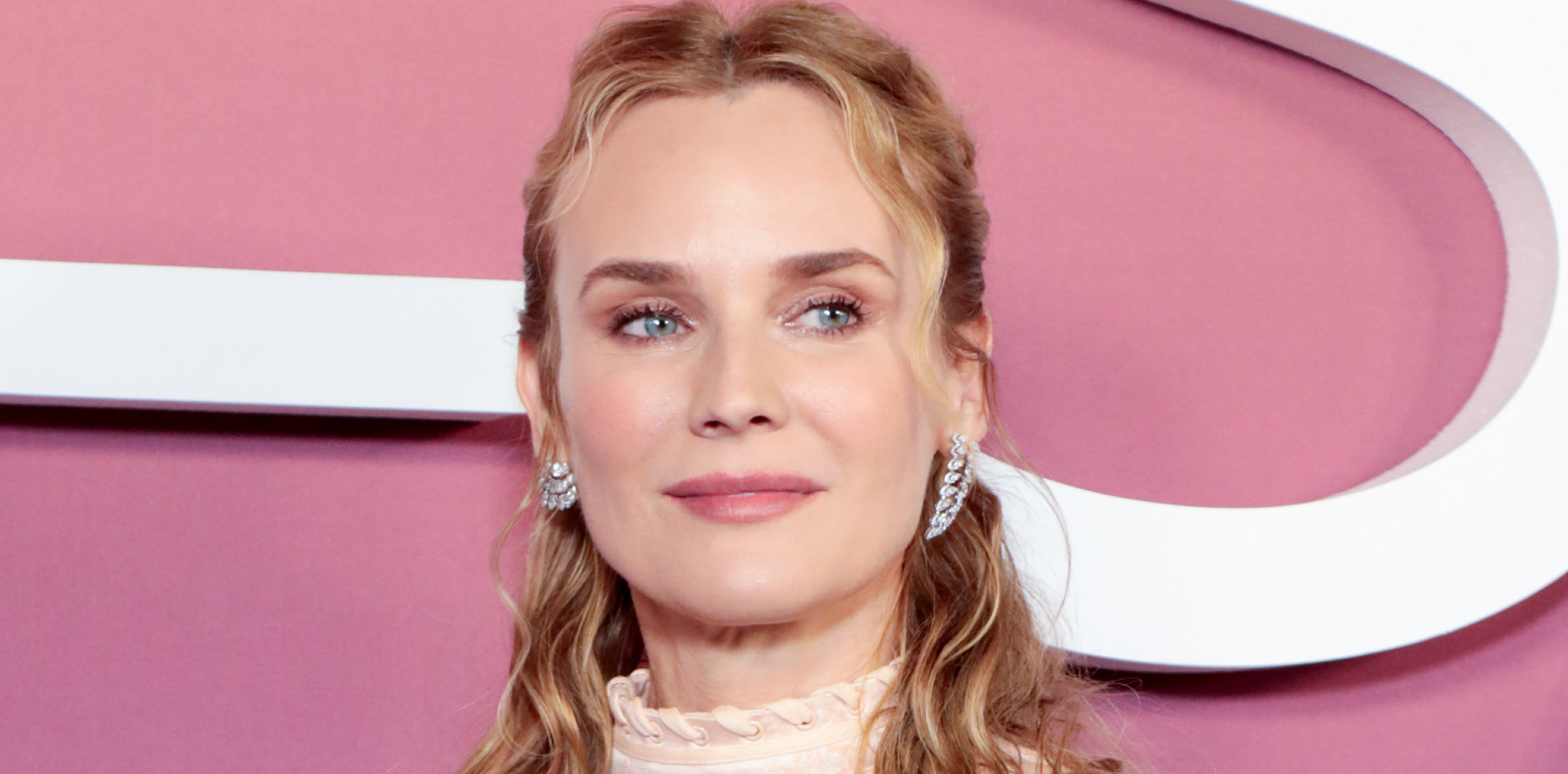
13
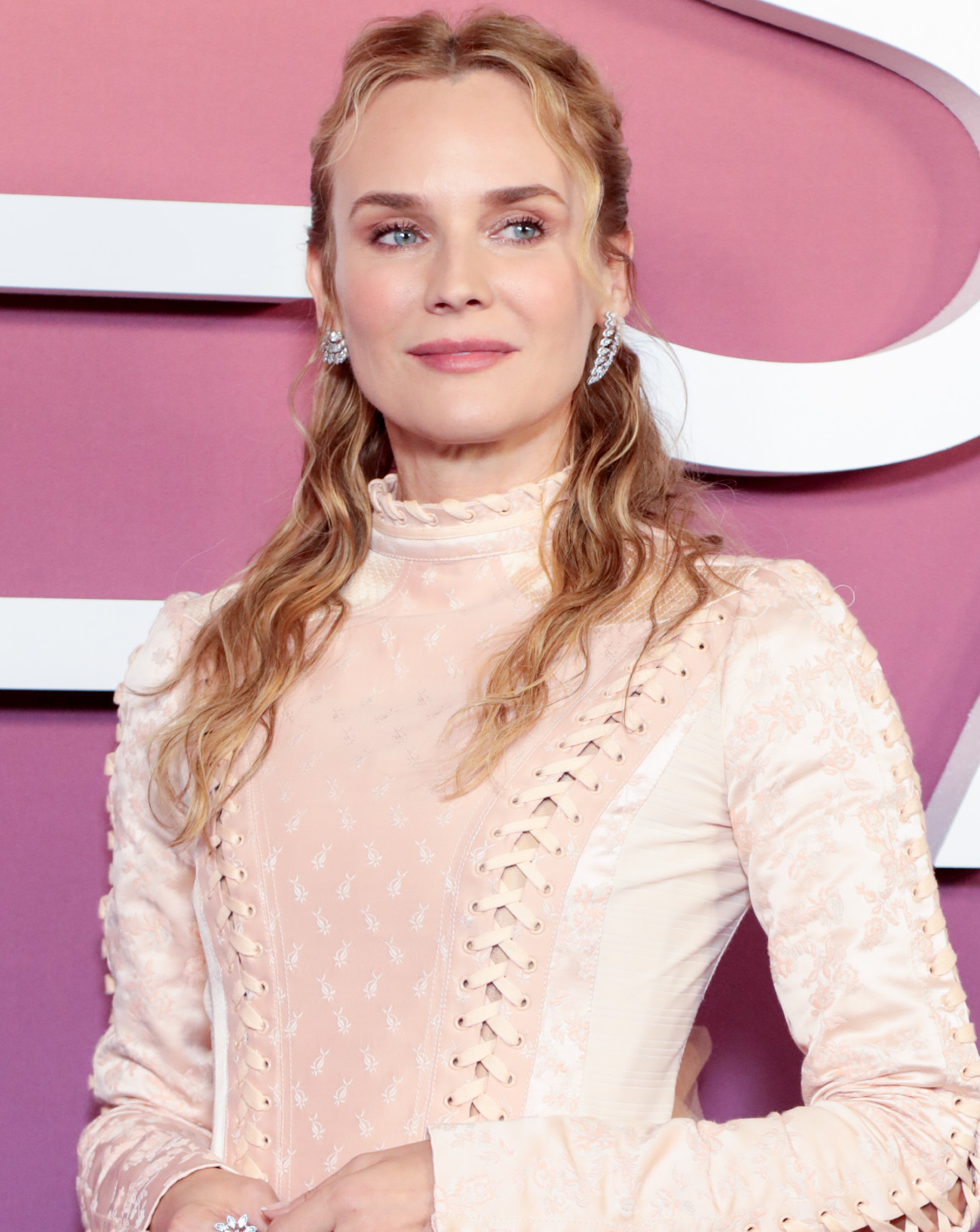
13
Interview with Diane Kruger: “The most interesting roles are actually those made for women of a certain age”
The stunning German actress, acclaimed by French critique and starring in Quentin Tarantino’s and Robert Zemeckis’ films, makes her comeback as a Hitchcockian protagonist in the thriller Visions by Yann Gozlan (Black Box), released on Wednesday, September 6th. She embodies an airline pilot, who has an all-consuming love affair with a sensual photographer. Interview with an enthralled and enthralling actress.
Interview by Violaine Schütz.
Published on 13 September 2023. Updated on 19 November 2025.
Bold, trilingual, and overly gifted, German actress Diane Kruger, 47, and her Hitchcockian beauty always feel at home, whether she finds herself in mainstream French comedies, Hollywood blockbusters or independent films. She has already worked with Alice Winocour, Fatih Akın, Guillaume Canet, Cédric Klapisch, Denys Arcand, Benoît Jacquot, and Fabienne Berthaud. Everyone noticed her in the spectacular Troy (2004), National Treasure: Book of Secrets (2007), Quentin Tarantino’s Inglourious Basterds (2009) with Brad Pitt, and 355 (2022), alongside Jessica Chastain and Penélope Cruz. Recipient of the prestigious award for “Best Actress” in the powerful In the Fade at the Cannes Film Festival in 2017, the magnetic former model is now starring in the hypnotic Visions, a Lynch-inspired, psychological, and erotic thriller by Yann Gozlan (Black Box). Numéro had the chance to meet the charismatic and intense German actress.
Interview with Diane Kruger, starring in the film Visions
Numéro: What drew your attention in Visions?
Diane Kruger: It’s always a combination of different elements. I was really looking for a film to come back to France. Since All That Divides Us (2017), I haven’t shoot in France, but mostly in American projects. Then, I had my daughter and took an eight-month leave. After that, Covid came along, and we were all stuck in the United States. I was ready to come back to France and Yann [Gozlan, the director] sent me the script for Visions. The shooting was scheduled a year earlier than planned. I really liked his film Black Box (2021), and I loved that new script. I’m into psychological thrillers, and the role of Estelle he offered me was great.
You embody the intricate character of Estelle, an airline pilot, who seems perfect at first, but who turns out to be increasingly troubled and dark…
I really like characters who are hard to read at first glance, who appear in a certain way, and then reveal themselves in a new light as the film unfolds. It is very interesting to me because you can identify with what they are going through. A lot of people get into the habit of pretending to be happy and have everything under control. Yet, another reality emerges behind closed doors.
Who inspired you for your character?
She is a very modern woman, just like a lot of women in my circle. She is someone who put her career first, and like many women today, she is now reaching an age where having a child becomes more complicated.
“I’m not fond of nudity on screen in general”, Diane Kruger
Your character runs, swims… it is quite a physical role. How did you train for it?
The swimming took a long time to master because Yann [the director] wanted me to swim the crawl and be as sharp as possible when doing it. I was already a swimmer, but I usually swim at my own pace, gently, calmly [laughs]. So, I trained for months, mainly at home in New York, but also with a coach. Yann is a very good swimmer, and I think that the character of Estelle is a lot like him. As you can see from the staging of Visions, Yann is a very disciplined, precise, person, who is very much in control and who shoots a lot. He’s a real hard worker. Estelle doesn’t really look like me, but I have a lot of empathy for her character because I for sure have already experienced turning everything upside down in my life on a whim, out of passion or love. Although it has never been as extreme as in the film obviously.
You also filmed in flight simulators…
Absolutely, and it has been the longest, most difficult exercise, because flying a plane in a flight simulator is a language of its own to learn. It was really up to me to make the right gestures and codes when pressing on the dashboard, because if the plane didn’t work, it couldn’t fly. As soon as I made a mistake, the alarm went off, because the computer thought the plane was about to crash. So, I had to restart the computer, and it took a good fifteen minutes each time to reset it. Where I see the difference between a French and an American film is the time it takes to simulate reality. I’m afraid of planes but at the same time I’m quite fascinated by the technical aspect of being an airline pilot, the control and discipline you need to acquire to do this job. Pilots lead rather unusual lives. They are closely monitored both physically and psychologically.
Visions is reminiscent of erotic thrillers of the 1990s, such as Basic Instinct, or the works of Alfred Hitchcock, Brian De Palma, and David Lynch. Did you have these references in mind while playing?
Regarding erotic thrillers, I didn’t think about it at all, as I argued against nudity in that film. I don’t appear naked, although there are a lot of erotic scenes. I thought the depiction of the characters’ urges were already quite carnal. In Visions, you can feel the presence of an omniscient eye, the camera plays on the voyeuristic aspect, so I didn’t want to add nudity in the mix. I’m not fond of nudity on screen in general, but I can do it if necessary. Since the gaze was the one of a male director staging the burning desire between two women, I didn’t think that nudity was essential to the plot. Ana’s (Martha Nieto) breasts are visible – she is more comfortable than me with that. I’m glad Yann had my back, because I find that the scenes are sensual enough without any explicit nudity.
“As a matter of fact, roles are much more interesting for women of a certain age”, Diane Kruger
In the film, Ana (Marta Nieto) says to your character: “You’re a goddess, a dream woman. As for the rest of us, we are mere mortals”. You used to be a model and you played the most beautiful woman in the world, Helen of Troy, in Troy (2004). Has your beauty ever been an issue in your career?
I have to say I didn’t find it subtle when she said that line to me in the film [laughs]. Personally, I have never felt that way. Perhaps some people have said that about me in the media, but I’ve never had the feeling of missing out on roles because of the way I look. Especially since I played in Merry Christmas (2005), which was nominated for an Oscar, right after Troy, one of my first films.
Did winning “Best Actress” at the Cannes Film Festival for In the Fade (2017) change anything in your life?
It’s hard to say. I think that the roles that came after In the Fade were also due to the fact that I was older. Roles are actually more interesting for women of a certain age [laughs]. But it’s true that the film was a great showcase. I’m sure that if I was to get a role anywhere, In the Fade is one of the first features that directors would watch. Above all, that award personally changed a lot of things in my head. It brought me full circle, because the Cannes Film Festival has been with me throughout my career in the most incredible way. It was a very emotional moment when I received the award for “Best Actress”.
What are the major differences between a French and an American feature?
The real contrast is the financial package. It is true that the shootings are smaller in France, but the main differences are that here we receive state subsidies, that the films are edited by TV channels or private companies, and that cinema is an integral part of culture. In the United States, huge corporations like AT&T are behind the films, so their interests are completely different. There is less transparency, and the power of the studios is more geared towards profit. There is a wide gap between the artists, scriptwriters, actors, and the studios. The dialogue has been broken down because the business model has changed, especially since the rise of the streaming platforms. Artificial intelligence is also a real danger for scriptwriters because now the studios can buy ready-made scripts, which are then reworked by human beings. We need to protect originality and people’s jobs. The studios are immensely richer than artists and it’s not right. Some scriptwriters and actors can no longer make a living from their work. They are exploited and work crazy hours. Besides, the intellect is no longer valued. I’ve read the exchanges between the SAG [Screen Actors Guild, an American union representing more than 160,000 actors, extras, and media professionals working in the film industry] and the studios, and you can sense a real contempt for scriptwriters and actors coming from the studios. I don’t know how long it will last, but we need to get this sorted out as soon as possible.
You have worked with many great American directors, like Quentin Tarantino and Robert Zemeckis… What did you learn from them?
Even if it’s not the best one ever, each film still teaches you something [laughs]. Here, we’re talking about directors who are lucky enough to be able to have a final cut, and who are less limited by the studios, so that’s a blessing. I have nothing against the American cinema – in fact, it makes me dream a lot. It’s just that it’s different from Europe. And that’s why I love watching films from the 1980s and 1970s – cinema back then was very different, it was freer.
“Shooting with David Cronenberg is a dream come true”, Diane Kruger
Which kind of films do you watch when you go to the cinema?
It really depends, but now that I have a daughter, I watch a lot of cartoons. We saw Teenage Mutant Ninja Turtles: Mutant Mayhem. My daughter loved it, I didn’t [laughs]. I like both indie films and blockbusters. My boyfriend [actor Norman Reedus] and I are watching a lot of content on streaming platforms at home, and picking a film or series for the evening is not always an easy task.
Could you make a film for a streaming platform?
Yes, absolutely. I’ve already played in a couple of series (The Bridge, Fringe, H24, Swimming with Sharks) and I wouldn’t mind starring in a film airing on a platform. I understand why some people don’t want to, but my job is to act, so if a good project comes along, I might be tempted.
Last year, you released a book you wrote entitled A Name from the Sky…
It’s an illustrated children’s book written in English [translated into German] for kids over the age of 4. Actually, it’s a bit of a story about my childhood combined with the birth of my daughter, and it talks about the importance of names and of their meanings. My daughter’s name is Nova Tennessee and I explain where it comes from [‘Nova’ means ‘new’ and symbolizes a fresh start, while Tennessee is where Diane Kruger found out she was pregnant].
You are working on different ongoing projects: the films Saint-Ex, starring Vincent Cassel and Louis Garrel, David Cronenberg’s The Shrouds, also with Vincent Cassel, Longing with Richard Gere, as well as a series on Marlene Dietrich by Fatih Alkin…
The series on Marlene is still a project under discussion. Cronenberg’s film has already been shot but I haven’t seen it yet. It is one of his most personal films, as it was inspired by his late wife. I play several characters in it, one is directly inspired by his wife, and Vincent plays a character inspired by David Cronenberg. It’s really moving to be part of this adventure. As a huge Cronenberg fan, it’s truly a dream come true.
You used to be a model. Do you find any link between fashion and cinema?
Chanel and Saint Laurent are deeply involved in the film industry. In fact, Saint Laurent is co-producing the film The Shrouds. That association makes perfect sense and goes back a long way. In the 1950s, Givenchy was already dressing Audrey Hepburn. However, it shouldn’t reduce itself to advertising…
Visions (2023) by Yann Gozlan, starring Diane Kruger, Mathieu Kassovitz, Marta Nieto, and Amira Casar, coming out on September 6th.






